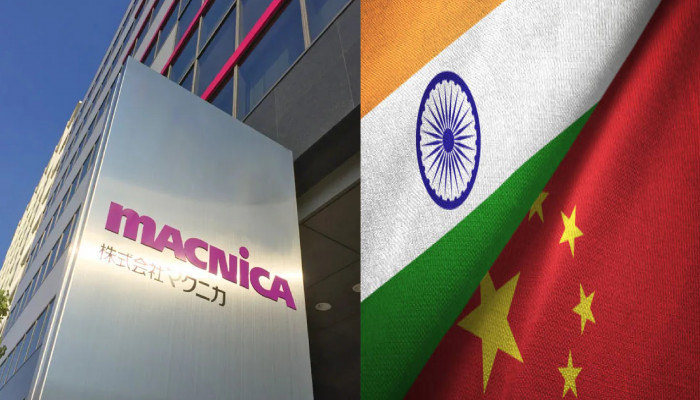Japan’s giant chip distributor Macnica eyes strategic acquisitions in India, China
- In Reports
- 02:11 PM, Nov 27, 2024
- Myind Staff
Macnica Holdings Inc., a Japanese chip distributor, is exploring the possibility of acquiring companies in other parts of Asia, reflecting the industry's push toward consolidation.
Macnica, a company that distributes chips manufactured by companies like Altera from Intel Corp., is considering acquiring a company abroad in order to gain an edge with larger markets. Kazumasa Hara, president of Macnica, said scale is becoming crucial even for distributors, who must negotiate the US-China technology competition and the ensuing supply chain snarls and export restrictions. He stated that South Korea, China, India, and Southeast Asia are all of interest.
“We need to raise our market share as quickly as possible,” Hara said in an interview, adding that Macnica’s market presence remains low in growth regions such as China and Southeast Asia. An acquisition is “one option” and a deal requiring an investment of billions of dollars is “very likely,” he said. Japan’s largest chip distributor, Macnica, controls about 22% of the market, which has over 20 competitors.
In April, Macnica acquired one of its rivals, Glosel Co. Recently, two other companies in the sector, Ryoyo Electro Corp. and Ryosan Co., merged. However, Macnica's leader, Hara, has stated he’s not keen on pursuing another domestic acquisition anytime soon.
According to him, the company should be able to reach its organic market share goal of 30% or more by 2030, which reflects the growing business concentration observed in chip distribution elsewhere. According to Hara, the Yokohama-based business, which is frequently compared to factory automation provider Keyence Corp., may also make acquisitions to diversify into other markets including cybersecurity. "That's one area that will grow when you look ahead," he stated.
Macnica aims to reduce its heavy reliance on semiconductors, which currently make up 90% of its sales. To diversify, it is focusing on areas like cybersecurity, self-driving car networks, and healthcare, which require less investment compared to semiconductors. The company's stock has dropped about 40% since its peak in February, partly because of its dependence on industrial equipment chips in China. “It’s important to always be on the lookout for cutting-edge technologies to commercialise, just as we did with semiconductors in the past,” Hara said.







Comments